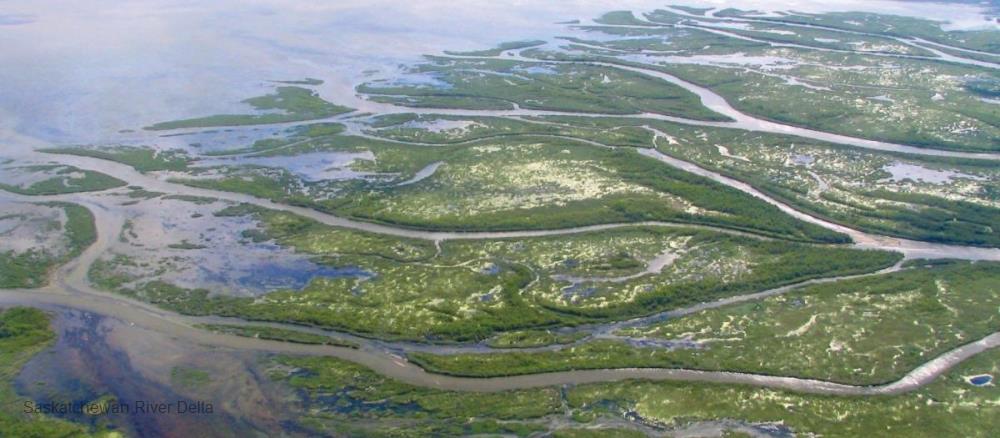
Related items loading ...
Section 1: Publication
Publication Type
Journal Article
Authorship
Magnusson, J., Bühler, Y., Quéno, L., Cluzet, B., Mazzotti, G., Webster, C., Mott, R., and Jonas, T.
Title
High-resolution hydrometeorological and snow data for the Dischma catchment in Switzerland
Year
2024
Publication Outlet
Earth Syst. Sci. Data Discuss. [preprint]
DOI
ISBN
ISSN
Citation
Magnusson, J., Bühler, Y., Quéno, L., Cluzet, B., Mazzotti, G., Webster, C., Mott, R., and Jonas, T.: High-resolution hydrometeorological and snow data for the Dischma catchment in Switzerland, Earth Syst. Sci. Data Discuss. [preprint],
https://doi.org/10.5194/essd-2024-374
Abstract
We present a high-resolution hydrometeorological and snow dataset from the alpine Dischma watershed and its surroundings in eastern Switzerland, including station measurements of variables such as snow depth and catchment runoff. This dataset is particularly suited for different modelling experiments using distributed and process-based models, including physics-based snow and hydrological models. Additionally, the data is highly useful for testing various snow data assimilation schemes and for developing models representing snow-forest interactions. The dataset covers seven water years from 1 October 2016 to 30 September 2023. The complete domain spans an area of 333 km² with altitudes ranging from 1250 to 3228 meters. The Dischma basin, with its outlet at 1671 m elevation, occupies 42.9 km². Included in the dataset are high-resolution (100 m) hourly meteorological data (air temperature, relative humidity, wind speed and direction, precipitation, as well as long- and shortwave radiation), land cover characteristics (primarily forest properties), and a digital elevation model. Noteworthy, the dataset includes snow depth acquisitions obtained from airborne lidar and photogrammetry surveys, constituting the most extensive spatial snow depth dataset in the European Alps. Along with these gridded datasets, we provide daily quality-controlled snow depth recordings from seven sites, biweekly snow water equivalent measurements from two locations, and hourly runoff and stream temperature observations for the Dischma watershed. The data compiled in this study will be useful for further developing our ability to forecast snow and hydrological conditions in high-alpine headwater catchments that are particularly sensitive to ongoing climate change.
Plain Language Summary


 GWFNet
GWFNet Master
Master Data
Data Research
Research Map
Map
 Advanced
Advanced Tools
Tools
 . . .
. . .
 Metadata Editor
Metadata Editor
 Record List
Record List
 Alias List Editor
Alias List Editor
 Legacy sites
Legacy sites